In 'Totem and Taboo,' Sigmund Freud delves into the realms of psychological anthropology, exploring the origins of civilization through the lens of psychoanalysis. Utilizing a mix of case studies, mythological analysis, and his groundbreaking theories, Freud examines the primal instincts and societal constructs that shape human behavior. Written in a clear and accessible style, this book challenges traditional views on taboo and explores the complex relationships between culture, religion, and the unconscious mind. Freud's work in 'Totem and Taboo' revolutionized the fields of psychology and anthropology, influencing scholars for generations to come with its innovative approach to understanding human nature. Through Freud's unique perspective, readers are invited to explore the depths of the human psyche and uncover the hidden forces that drive our actions and beliefs.

Der Mann Moses und die monotheistische Religion
Sigmund Freud
book
Die Schatzinsel - Hörbuch
Sigmund Freud
audiobook
Das Ich und das Es - Sigmund Freud Hörbuch
Sigmund Freud
audiobook
Psicoanálisis y Teoría de la Libido :
Sigmund Freud
audiobook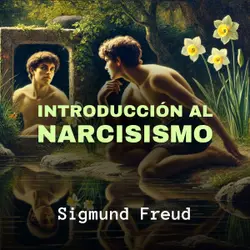
Introducción al Narcisismo :
Sigmund Freud
audiobook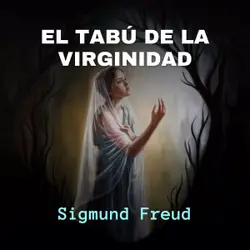
El Tabú de la Virginidad :
Sigmund Freud
audiobook
Fetichismo :
Sigmund Freud
audiobook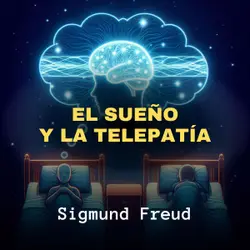
El Sueño y La Telepatía :
Sigmund Freud
audiobook
Más Allá del Principio del Placer :
Sigmund Freud
audiobook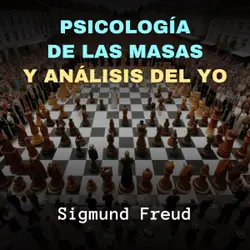
Psicología de las Masas y Análisis del Yo :
Sigmund Freud
audiobook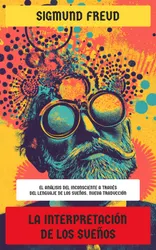
La interpretación de los sueños : El análisis del inconsciente a través del lenguaje de los sueños. Nueva Traducción
Sigmund Freud
book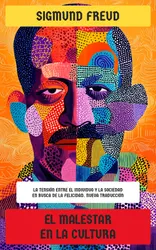
El malestar en la cultura : La tensión entre el individuo y la sociedad en busca de la felicidad. Nueva Traducción
Sigmund Freud
book
